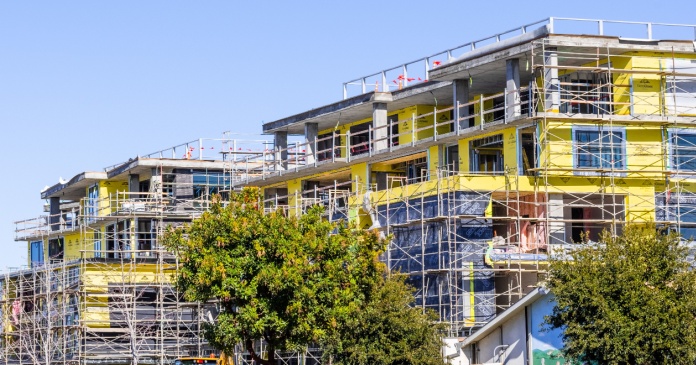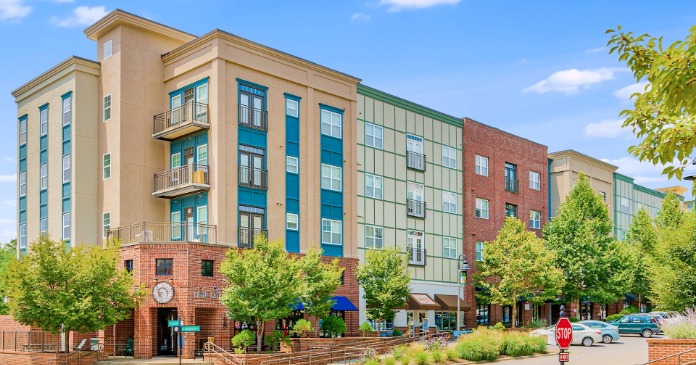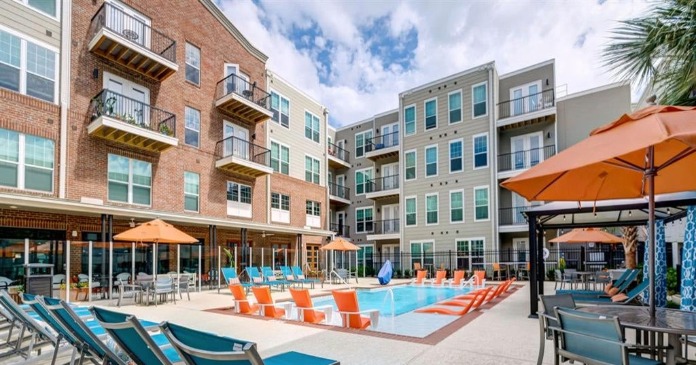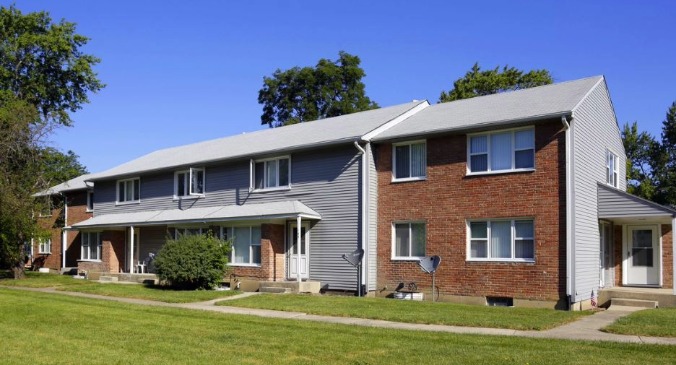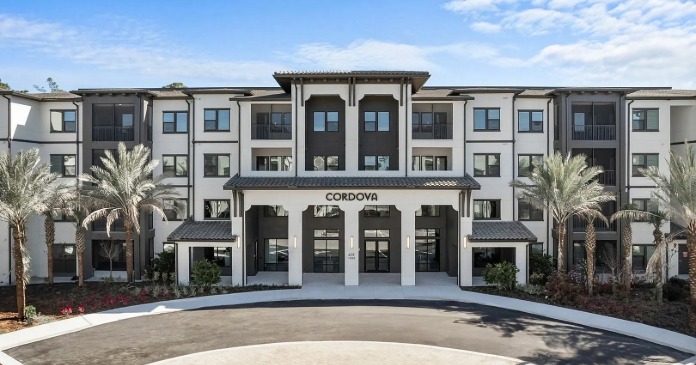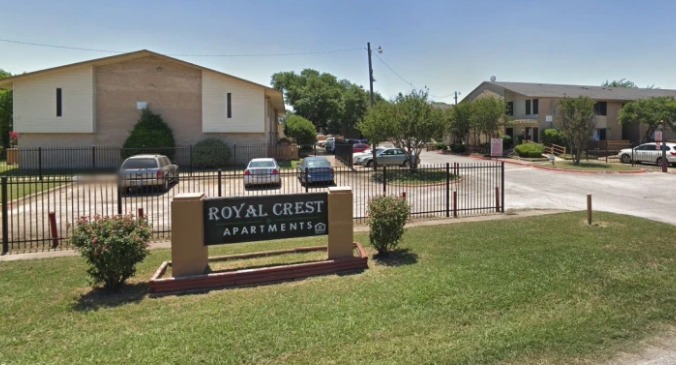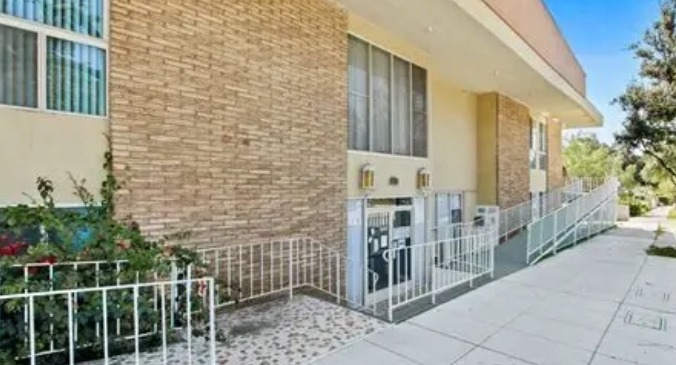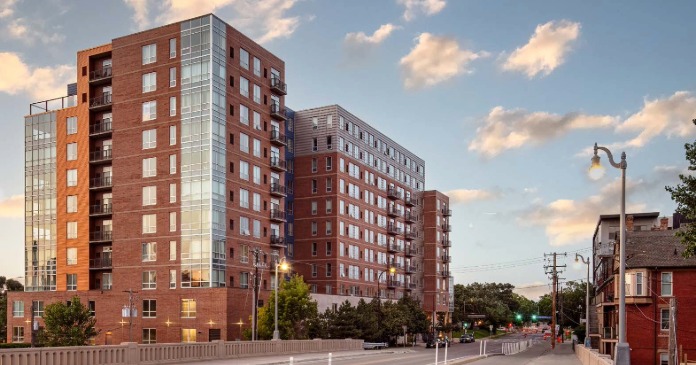
The U.S. Supreme Court in October announced that it will not weigh in on two cases challenging rent control and eviction laws in New York and California.
The lead case, Community Housing Improvement Program v. City of New York, has been closely followed by industry experts and legal scholars, who saw it as the best hope for a property rights comeback in the courts.
Though the case was centered around the rent control and eviction regulations in New York, a ruling from the high court could have set a new standard by which similar regulations nationwide—including in California—would be measured.
The California Apartment Association, together with the San Francisco Apartment Association, urged the court to accept the case in an amicus curiae (friend of the court) brief filed in June. Thirteen other briefs urging the court to hear the appeal were submitted by a wide range of organizations and individuals.
Though many hopes were hung on the CHIP case, as it is colloquially known, it was always a long shot that the U.S. Supreme Court would choose to hear it. The court accepts only a small number of the cases presented to it, between 1 and 4 percent.
The court also chose not to grant review in Kagan v. City of Los Angeles, another case challenging eviction regulations as a violation of property rights that is closer to home for California rental property owners. That case took aim at a Los Angeles law under which tenants who have lived in their rental unit for 10 or more years and are either elderly or disabled cannot be evicted for owner move-in purposes. CAA and SFAA filed a joint amicus brief in this case, too, urging the court to grant review.
The U.S. Supreme Court does not issue a statement explaining its reasons for declining to accept review of any case, so there is no way to know why the court shunned these cases.
“It’s hugely disappointing that the court has passed on this opportunity to breathe new life into property rights. That said, while it may be the end of road for these cases, it’s not a dead end for the fight to defend property rights,” said Whitney Prout, CAA’s executive vice president of legal affairs.
“Organizations like CAA are currently—and will continue to—advocate for property rights in the courts.”
The high court could still choose to delve into a case challenging rent and eviction controls, albeit in a more limited manner, in a case still pending before it. That case, 74 Pinehurst, LLC v. State of New York, is a companion case to CHIP. Though the two cases were heard together in both the district court and 2nd Circuit Court of Appeals, the Supreme Court didn’t signal whether it would hear the appeal of that case.
Instead, the court is slated to re-consider whether to hear the case at its next conference on Friday Oct. 6, the results of that conference will be announced on Oct. 10. CAA and SFAA submitted an amicus brief urging the court to grant review of the 74 Pinehurst case.
Source CAA



